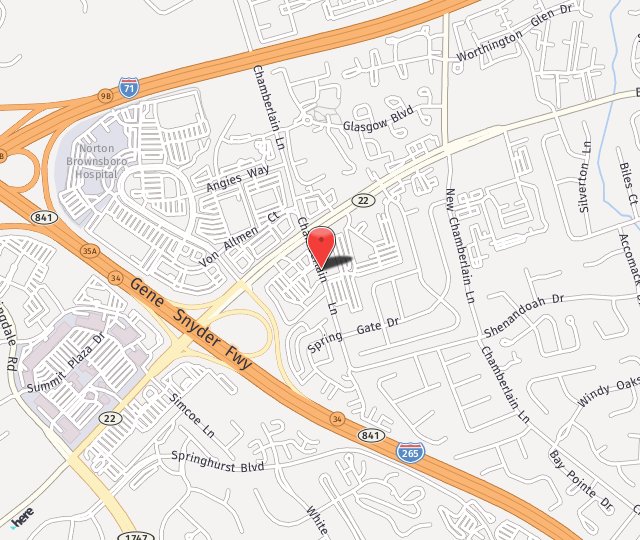Dr. Salzman fosters personal and professional growth of his registered nurses. He understands the value of education, administration, and research within his clinical practice. Dr. Salzman employs two registered nurses who are board certified.
Kim Pickard, RN, BSN, CPSN has worked with Dr. Salzman for 13 years. Kim’s area of expertise focuses on invasive surgical procedures. Her current position as Nursing Administrator encompasses supervision of the surgery center, as well as, implementation of nursing protocols.
Suzanne Ramsey, RN, BSN, CPSN, CANS has 13 years of plastic surgical experience. Her knowledge encompasses patient education, pre and post-operative care, and noninvasive procedures. Suzanne’s primary focus presently is the medical spa comprising of many types of lasers, radiofrequency devices and facial injectables. Her extensive knowledge of injectables include Botox, Dysport, Xeomin, Perlane, Restylane, Juvederm, Voluma, Radiesse, Belotero, Prevelle Silk and Sculptra.
The American Board of Nursing Specialities (ABNS) defines certification as “the formal recognition of the specialized knowledge, skills and experience demonstrated by the achievement of standards identified by a nursing specialty to promote optimal health outcomes” (ABNS, 2004). Obtaining specialty certification validates that a nurse has advanced from an entry level of competency to a higher level of practice encompassing knowledge and clinical judgement (Wilkerson, 2011). Certification promotes public safety, quality nursing care, clinical expertise and professionalism among nursing colleagues, patients and the public (Briggs et al, 2006). Professional recognition for these achievements is provided through certification.
Certified nurses go beyond licensure to validate their specialty knowledge through a rigorous national examination. They are known as clinical experts and are dedicated to providing quality and evidence-based clinical care. Certified nurses are committed to life-long learning, patient advocacy and professional practice. Throughout their career, there is a commitment to continuing competency by reassessing their knowledge through specialized continuing education.
The Plastic Surgical Nurses Certification Board (PSNCB) was established in 1989. The Board’s purpose is to promote the highest standards of plastic surgical nursing practice through the development, implementation, coordination and evaluation of all facets of the certification and recertification processes. The Certified Plastic Surgical Nurse (CPSN) exam is offered to nurses meeting specified criteria. Eligibility to take the exam includes having a minimum of 2 years of plastic surgical nursing experience as a registered nurse in a general staff, administrative, teaching or research capacity within 3 years prior to application and having spent at least 1,000 practice hours in plastic surgical nursing during two of the preceding three years. Recertification through continuing nursing education contact hours is accomplished by accumulating 45 contact hours during a 3 year period of time.
American Board of Nursing Specialties (ABNS). (2004). Retrieved from http//www.nursingcertification.org.
Briggs, L.A., Brown, H., Keston, K., & Heath J. (2006). Certification: A benchmark for critical care nursing excellence. Critical Care Nurse, 26(6), 47-35.
Wilkerson, B., (2011). Specialty nurse certification effects patient outcomes. Plastic Surgical Nursing. 21 (2), 57-59.

